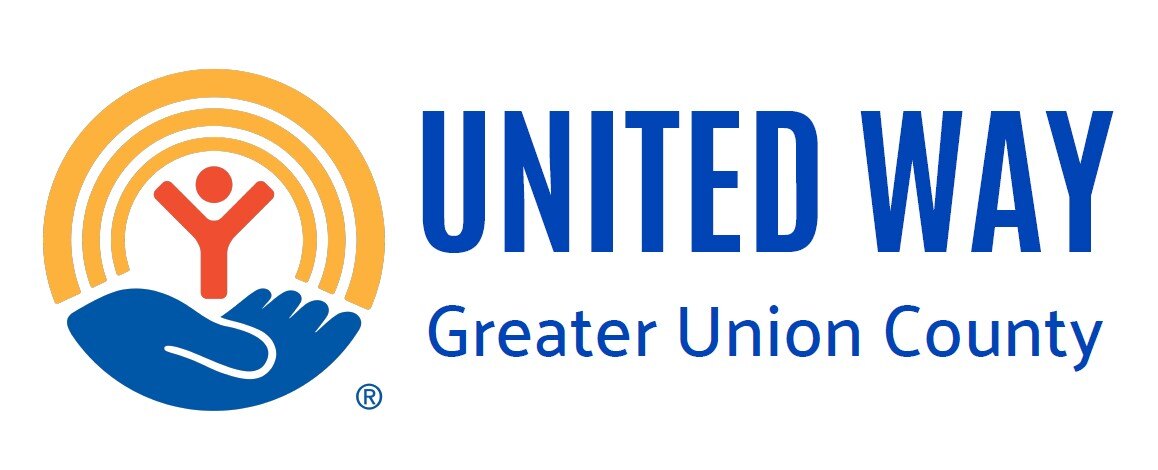Marginalized Families & Communities Bear the Brunt to Economic Recovery
By James W. Horne
President/CEO, United Way of Greater Union County
April 2021
Low-income families were most hard-hit during the global COVID-19 pandemic in the United States which increased the stress, financial instability, and posed greater difficulty to access to basic necessities such as food, housing, healthcare and even cleaning products. With limited resources, families were strained and faced difficult choices having to make ends meet and perhaps having to choose between purchasing food or having a roof over their head. Yet, these essential necessities are critical to creating a stable environment for families and their children.
According to the Union County Comprehensive Community Assessment Report, in 2019 - there were 57,900 (10.3%) county residents living in poverty, including over 11,000 children, with incomes below $16,460 annually for a family of two (2017 Federal Poverty Level), and who struggled to meet even basic needs. This data is alarming, especially considering that these statistics were collected before the COVID-19 pandemic. For many families, a new reality was brought forward with income/employment losses, health issues, financial strains and even life losses. For many already vulnerable low-income families, the pandemic disrupted almost every aspect of life for children and families creating uncertainty and challenging times to overcome in the years to come.
We know that the COVDI-19 pandemic significantly exacerbated the challenges low-income families face. But the question remains: are we prepared for the long-term economic and social impact of this pandemic? It is not certain that we ever will be, but we can try our best.
As we embark on a road to recovery, we need to create fair, equitable and inclusive approaches that promote healing, recovery, and stability in a new normal. We need innovative ideas as we come together to help our most vulnerable and underserved community members to overcome their most pressing challenges and to achieve lasting resiliency.
